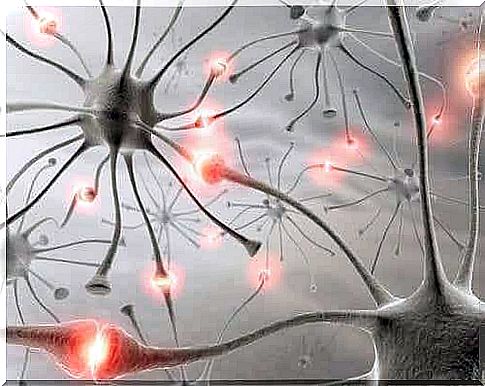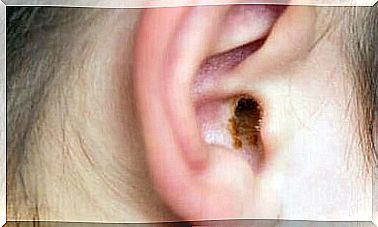The Benefits Of Music In Neurological Diseases

The benefits of music in neurological diseases are undeniable. British neurologist Oliver Sacks points out that music can calm us down, improve our mood, inspire us and help us perform better at work! It has also become clear to Sacks throughout his career that music is very useful for patients with neurological problems.
Everyone has probably read or heard at some point that music has an amazing impact on people with Alzheimer’s. In those quiet worlds where memories and life itself are blurred, the mere hearing of a song familiar from youth can affect the patient on the level of emotions and behavior. Just as the brain “wakes up” after a resting phase.
This helps us understand that despite the cognitive impairment associated with such dementia, there are still areas in the brain that remain intact. The brain retains the areas that are connected to long-term music memory.
However, music does not only have a positive effect on neurodegenerative diseases: music therapy can also bring about interesting changes in patients with depression, epilepsy, multiple sclerosis, Parkinson’s disease, or who have had a stroke. So we have a nervous system rehabilitation approach ahead of us that is worth keeping in mind.
The benefits of music in neurological diseases
The use of music therapy in medical and neurological fitness is becoming more common. Ralph Spintge from the Department of Pain Medicine at the University of Lüdenscheid in Germany tells us in a study that music has very beneficial effects on pain management and motor rehabilitation.
It is, of course, very promising that patients with Parkinson’s disease or multiple sclerosis, for example, will be able to improve their quality of life. However, the benefits of music in neurological diseases are not yet known in great depth. It is still clear that music cannot cure any kind of disease.
Instead, research evidence shows, as Dr. Moisés León Ruiz, a member of the Spanish Neurological Association (SEN), shows that neuronal activation, nervous system regulation, learning, and neuroplasticity are improved. This effect is particularly noteworthy in patients with Alzheimer’s disease or vascular dementia.

Music is important for mental well-being in old age
In a study conducted by the Brain Research Unit of the University of Helsinki, Teppo Särkämö mentions the benefits of music in neurological diseases such as dementias. Here, the benefits are, as already mentioned, the most promising.
- Music elicits a strong sensory, motor, cognitive, and emotional response in patients with Alzheimer’s disease, Parkinson’s disease, or any other age-related neurodegenerative disease. It also activates the temporal regions of the brain as well as the cerebellum.
- In addition, it has been found that the condition of individuals with cerebrovascular disease and aphasia has improved in neurological rehabilitation. Aphasia means the difficulty of expressing oneself in words.
The benefits of music in neurological diseases: epilepsy
One of the benefits of music in neurological diseases is particularly emphasized: its antiepileptic effect. Music therapy has been found to reduce the number of epileptic seizures experienced by patients by up to 24%.
According to a study published in The Lancet , led by Dr. Aleksi J. Sihvonen, University of Helsinki , music has a significant effect on the regulation of the dopaminergic system. In other words, it has a relaxing effect at the nervous system level, and while it doesn’t completely block seizures, it does reduce them, which is very positive!

The effect of music on depression in patients with neurological diseases
Depression occurs simultaneously in many neurological diseases, such as cerebrovascular disorders, epilepsy, multiple sclerosis, and Parkinson’s disease. It is very common for these diseases to affect patients mentally, leading to a mood disorder.
The benefits of music in neurological diseases actually extend to this area as well. For example, music therapy improves patients’ commitment to treatments. In other words, patients are happier and more receptive to pharmacological and psychological treatments.
This connection is shown, for example, by studies led by Dr Alfredo Raglio, Lapo Attardo and Guilia Gontero of the University of Pavia (Italy). Music improves the mood of patients with neurological diseases. This should be kept in mind, especially when developing a treatment plan for these patients with so many needs.
Few treatments are more affordable and at the same time as easy to implement as music. Music evokes emotions in us and helps us to cope with everyday life.









